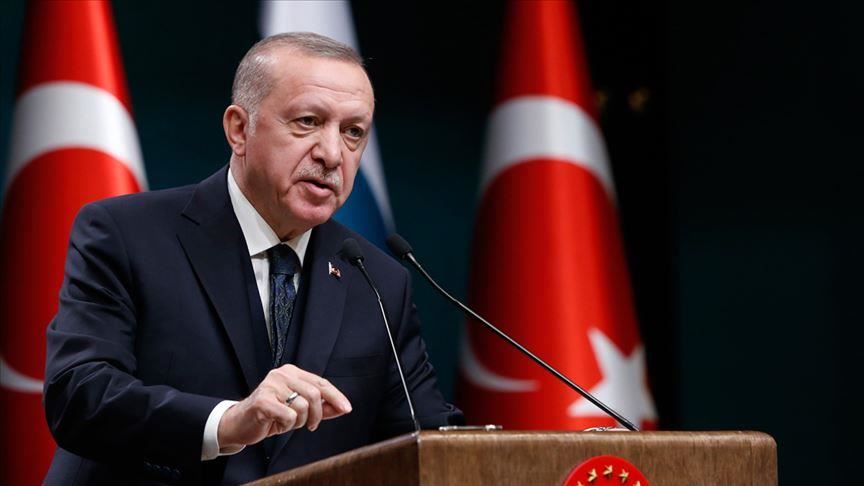
Canada has suspended export permits for military products to Turkey.This is due to the information that Turkish-made drones, equipped, in turn, with Canadian sensors and laser guidance systems, are used in the hostilities in Nagorno-Karabakh.
BY OWN CORRESPONDENT
Nagorno-Karabakh is adisputed territory in the South Caucasus with an Armenian ethnic majority, which is the cause of the conflict between Azerbaijan and Armenia.
In a response, the Turkish Foreign Affairs ministry accused Canada of having double standards and inconsistency with the “spirit of cooperation”, and accusing it that it has been taking this position far from the first day – since the beginning of the military operation, which Turkey launched in October last year in the north-east of Syria.
This incident added to Ankara’s collection of foreign policy differences and conflicts.
It is difficult to describe what is happening otherwise, since it seems that Turkish President Recep Tayyip Erdogan has decided to quarrel with all international partners on the widest range of issues.
Erdogan is turning into an icon of radical patriots.
He embodies their dream of a national leader who goes to his goal, acting straightforwardly, not paying attention to obstacles and taking the toughest official position on any issue.
- Chamisa under fire over US$120K donation
- Mavhunga puts DeMbare into Chibuku quarterfinals
- Pension funds bet on Cabora Bassa oilfields
- Councils defy govt fire tender directive
Keep Reading
This is undoubtedly a unique case in the modern world, especially since we are talking about such a prominent regional power as Turkey.
The Turkish president, of course, impresses with the scope of his geopolitical games, which he is playing at the same time, his fundamental disregard for the interests of other participating states, his defiantly scandalous position and his readiness at any moment not only to threaten to resort to military methods, but also to actually do it: in Syria and Libya, aggravation with the Greeks, showdowns with Nato and now Nagorno-Karabakh.
If other powers involved in the Armenian-Azerbaijani settlement maintain their position above the battle, Turkey not only supports Baku, but generally insists on a military resolution of the conflict, which can blow up the whole region.
In general, the Turkish leader is rushing like a tank to the goal of reviving the neo-Ottoman greatness of his country and has even already achieved some success on this path.
But it’s just too early to judge the long-term effectiveness of Turkish foreign policy.
Moreover, with each new conflict that Ankara gets involved in, the chances grow that it will not end very well for it.
And Turkey has something to remember in this context from the events of the very recent past.
The United States clearly loomed behind the attempted military coup in the summer of 2016, and Europe, almost without hiding, was rooting for the success of the insurgency.
The power – and, most likely, life – of the Turkish leader was then saved by a lucky chance.
But the Turkish president neglects the main lesson of that history, which is that all the latest foreign policy achievements of his country became possible in a situation of playing on the contradictions of other powers: between Russia and the United States, between the United States and Europe, within Europe itself.
It was thanks to this that Ankara received serious freedom of maneuver both in Syria and Libya, and further down the list, since there was always a force that turned out to be beneficial, if not to support, then at least not to counteract its next adventure.
Now, apparently, Erdogan believed in his strength and luck so much that in a short time he managed to seriously spoil relations with all the key powers of the world with his belligerent assertiveness and fundamental disregard for other nation’s interests.
Under such conditions, as practice shows, fortune dries up rather quickly. Moreover, the cause of the collapse is often not insidious plans conceived by enemies, but own rush actions.











